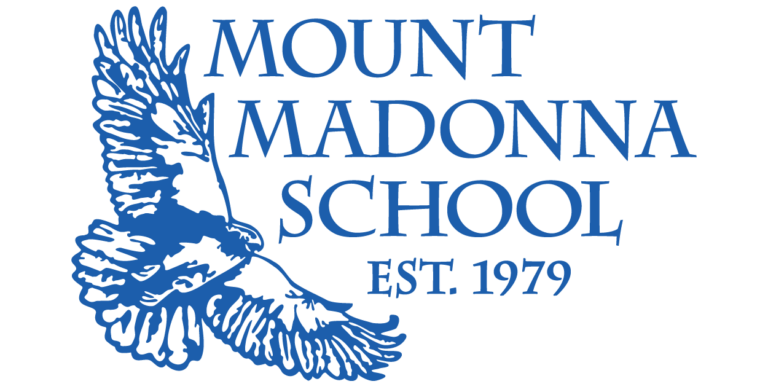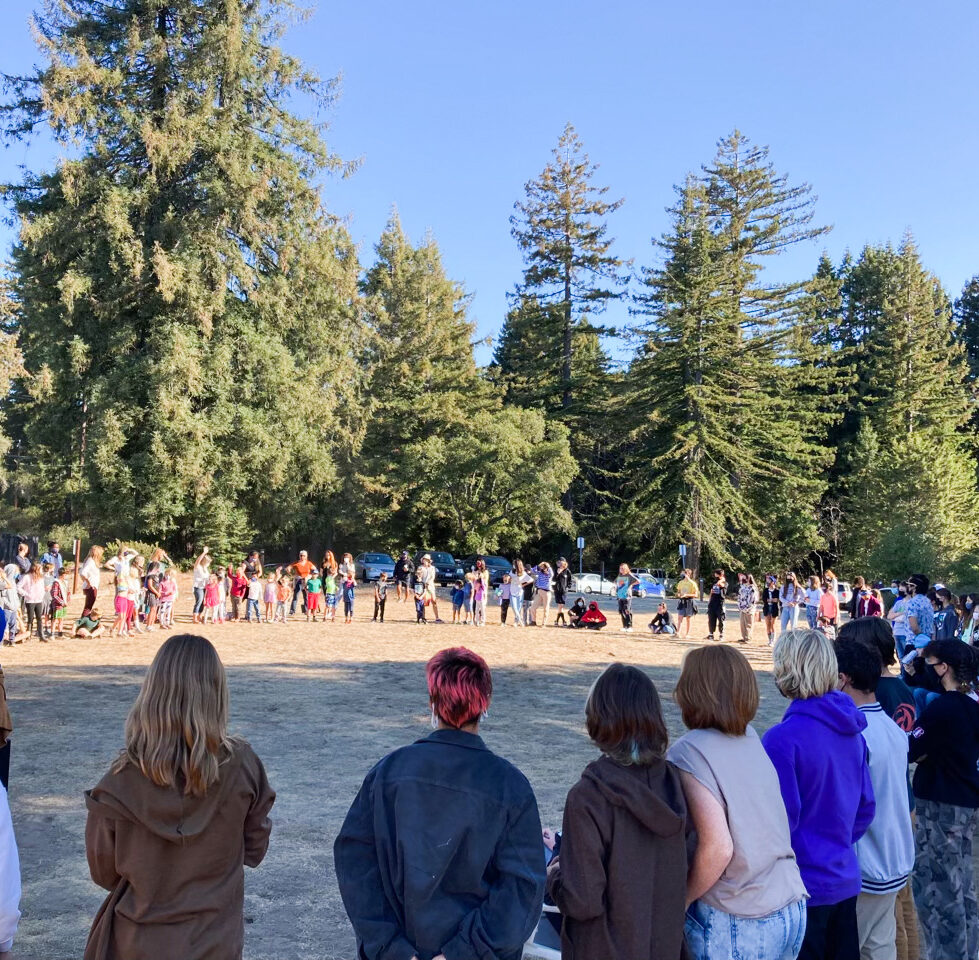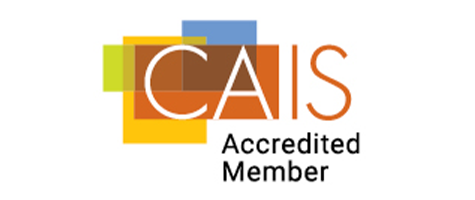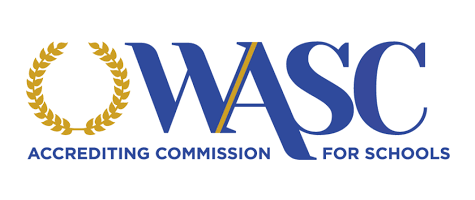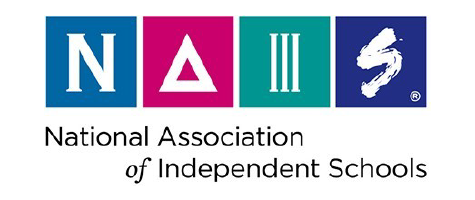Growing Up in Santa Cruz, Teacher’s Desk, January 2022, “Empowering Youth and Addressing Bullying: From Bystander to Upstander” by Jessica Zovar
In the end, we will remember not the words of our enemies, but the silence of our friends.
– Martin Luther King Jr.
I remember walking the halls as a timid sixth grader, hearing unkind words directed toward others echoing off the walls, and fearful that standing up for myself or others against hurtful words could have major implications. Let’s be honest; middle school is not always the friendliest of landscapes. Often the dreamy-eyed wonder of childhood is waning, identities are on shaky ground and youth yearn for belonging and acceptance from their peers.
As a licensed marriage and family therapist specializing in working with teens and Life Skills teacher for middle school students at Mount Madonna School, I see the impacts of bullying behavior on victims, classroom and school culture. During a recent sharing circle, middle school students recounted their personal experiences with bullying.
“Those who bully do so because they think no one will speak out, and often it is those who have more social power who commit acts of bullying,” one student shared.
 For youth to press against the social hierarchies, means to risk their own social standing and a fear reaction can prevent students from being the change or seeking help from an adult. In Life Skills classes, utilizing activities and dialogue, we strive to teach students about their own moral compass and practice stepping forward into bravery. We offer students the chance to hear from others, creating a felt-sense of empathy from which they can draw on in moments of difficulty and we work through a variety of topics relevant to living a healthy and values-led adolescence.
For youth to press against the social hierarchies, means to risk their own social standing and a fear reaction can prevent students from being the change or seeking help from an adult. In Life Skills classes, utilizing activities and dialogue, we strive to teach students about their own moral compass and practice stepping forward into bravery. We offer students the chance to hear from others, creating a felt-sense of empathy from which they can draw on in moments of difficulty and we work through a variety of topics relevant to living a healthy and values-led adolescence.
It’s no surprise that bullying behavior can easily sprout. Research suggests one out every four children are bullied, 43% experience cyber-bullying, and that most bullying occurs in spaces where no adult is present. To build a safer world, we must empower youth to believe in their own positive influence and to have the skills needed to cross the line from bystander to “upstander.”
When we hear or see something we know isn’t right we often freeze, assessing the risk in stepping forward. We become locked in our role as bystanders and hope for better days without personal risk. Something has to give; at this point, we can no longer stand aside, too much is at risk for our youth. To have a choice we need to stress to youth that left unchecked, bullying causes significant mental, emotional, and in some cases physical, harm and there are non-violent ways to intervene and be an upstander.
To start a conversation about bullying behavior, ask youth how they feel emotionally and in their bodies when they see or hear something that is not right. What are the warning signs that bullying is occurring? This helps youth to learn to trust their own internal system and to choose the best response! Younger children especially love to role play the skills needed to help themselves and one another, aiming at drawing out their own inner wisdom. It only takes one minute at a time to be an upstander!
Here are a few tips to help empower youth with options for responding to bullying behavior:
Encourage younger children to tell an adult and explain the difference between tattling and telling
Michele Borba, Ed.D., developed the B.U.S.T.E.R acronym for stopping hurtful acts:
- Befriend the victim through comfort, empathy
- Use distraction away from the scene
- Speak Out! (“That’s hurtful!” “That’s not ok!”)
- Tell someone who can intervene and help
- Exit alone or with others (bullies love audiences)
- Reason – state a reason why this isn’t ok (“Don’t do that, you are hurting someone or “You are going to get in trouble”)
For high school aged kids, identifying what they feel is acceptable and unacceptable behavior is helpful for building their moral compass
It’s critical to the well-being of our youth that together we are all allies, all “upstanders” in addressing this epidemic. At Mount Madonna School we are intentionally building a culture of support and enlisting the bravery of our youth to stand up to hurtful, harmful words and actions.
###
Jessica Zovar received her master’s in psychology in 2012 and has worked in schools, medical settings and private practice as a therapist and educator for over 15 years. Her work and life experiences reinforce her inclination toward approaches that value the innate wisdom inside each one of us. She is committed to projects that celebrate uniqueness and model compassionate communication and joined the Mount Madonna School faculty because of its balanced educational approach which emphasizes students’ social-emotional well-being and sense of belonging.
###
Contact: Leigh Ann Clifton, director of marketing & communications,
